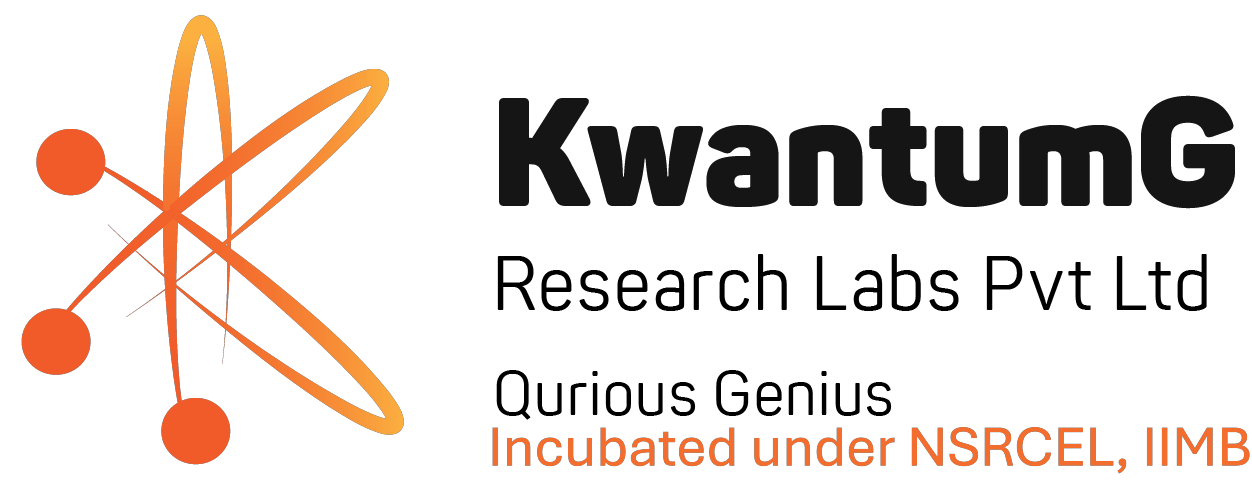Key to success: Consistency, Persistence and Diligency
Quantum computing is an exciting and rapidly evolving field that promises to revolutionize the way we process information. As traditional computing reaches its limits, quantum computing offers new paradigms for solving complex problems that were previously thought to be insurmountable. This blog explores the various career opportunities in quantum computing, the skills required, and how to navigate this emerging landscape.
Careers
-
Quantum Software Developer: These professionals design and develop algorithms and software that run on quantum computers. A strong background in programming languages such as Python, C++, and knowledge of quantum programming languages like Qiskit or Cirq is essential.
-
Quantum Hardware Engineer: Engineers in this role focus on building and maintaining the physical components of quantum computers. This requires expertise in fields such as electrical engineering, materials science, and cryogenics.
-
Quantum Research Scientist: Researchers explore theoretical aspects of quantum mechanics and its applications in computing. A Ph.D. in physics, computer science, or a related field is typically required.
-
Data Scientist with Quantum Expertise: As quantum computing becomes more integrated into data analysis, data scientists who understand quantum algorithms will be in high demand.
-
Consultant in Quantum Technologies: Businesses are looking to leverage quantum computing for competitive advantage. Consultants help organizations understand and implement quantum solutions.
Educational Pathways
Pursuing a career in quantum computing typically involves advanced education. Here are some pathways:
-
Bachelor’s Degree: Start with a degree in computer science, physics, or engineering.
-
Master’s Degree or Ph.D.: Specializing in quantum computing or a related field can significantly enhance job prospects.
-
Online Courses and Certifications: Many universities and platforms offer courses in quantum computing, which can help build foundational knowledge and skills.
Networking and Community Engagement
Engaging with the quantum computing community is vital for career development. Attend conferences, join online forums, and participate in workshops to connect with professionals in the field. Networking can lead to job opportunities and collaborations.
Conclusion
A career in quantum computing is not only promising but also intellectually rewarding. As the technology continues to advance, the demand for skilled professionals will only grow. By acquiring the necessary skills, pursuing relevant education, and actively engaging with the community, you can position yourself for a successful career in this groundbreaking field. Embrace the challenge and be part of the quantum revolution!


Dear Sir/ma,
We are a financial services and advisory company, and our investors have mandated us to seek business opportunities and projects for potential funding and debt capital financing.
Please note that our investors are based in the Gulf region and are interested in investing in viable business ventures or projects that you are currently executing or plan to undertake as a means of expanding your global portfolio.
We are eager to have more discussions on this subject in any way you believe suitable.
Please get in touch with me on my direct email: michaelanthony@capitalltduk.com
Looking forward to working with you.
Yours faithfully,
Michael Anthony
(Financial Advisor)
Capital Ltd Consulting LLC
Thanks for your reply. Appreciate it.